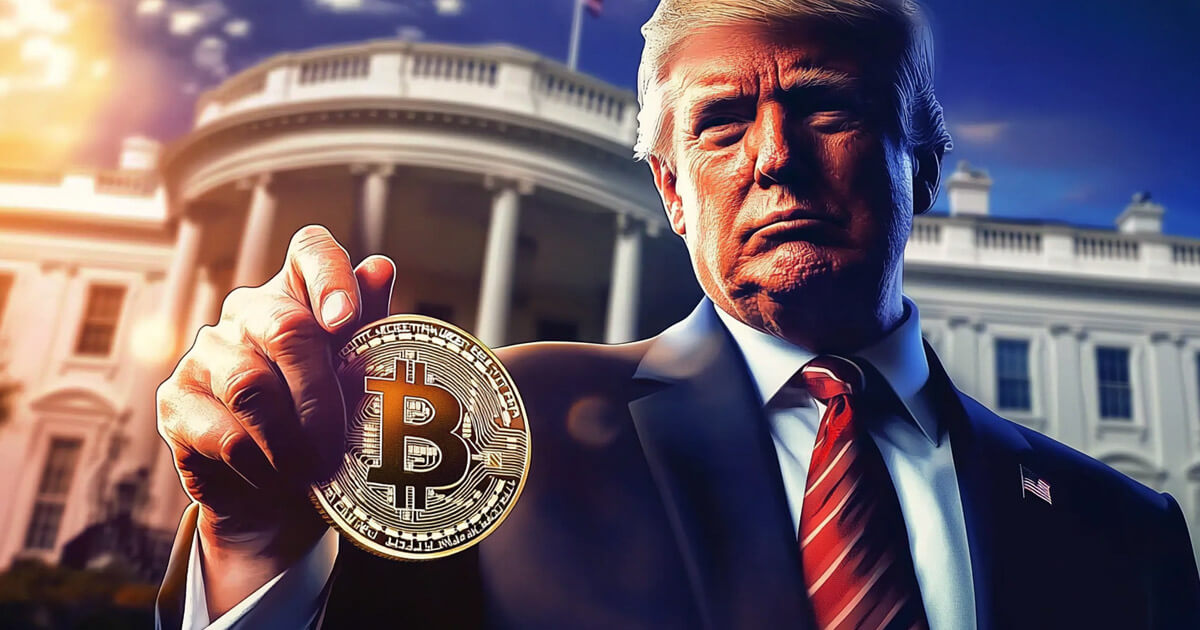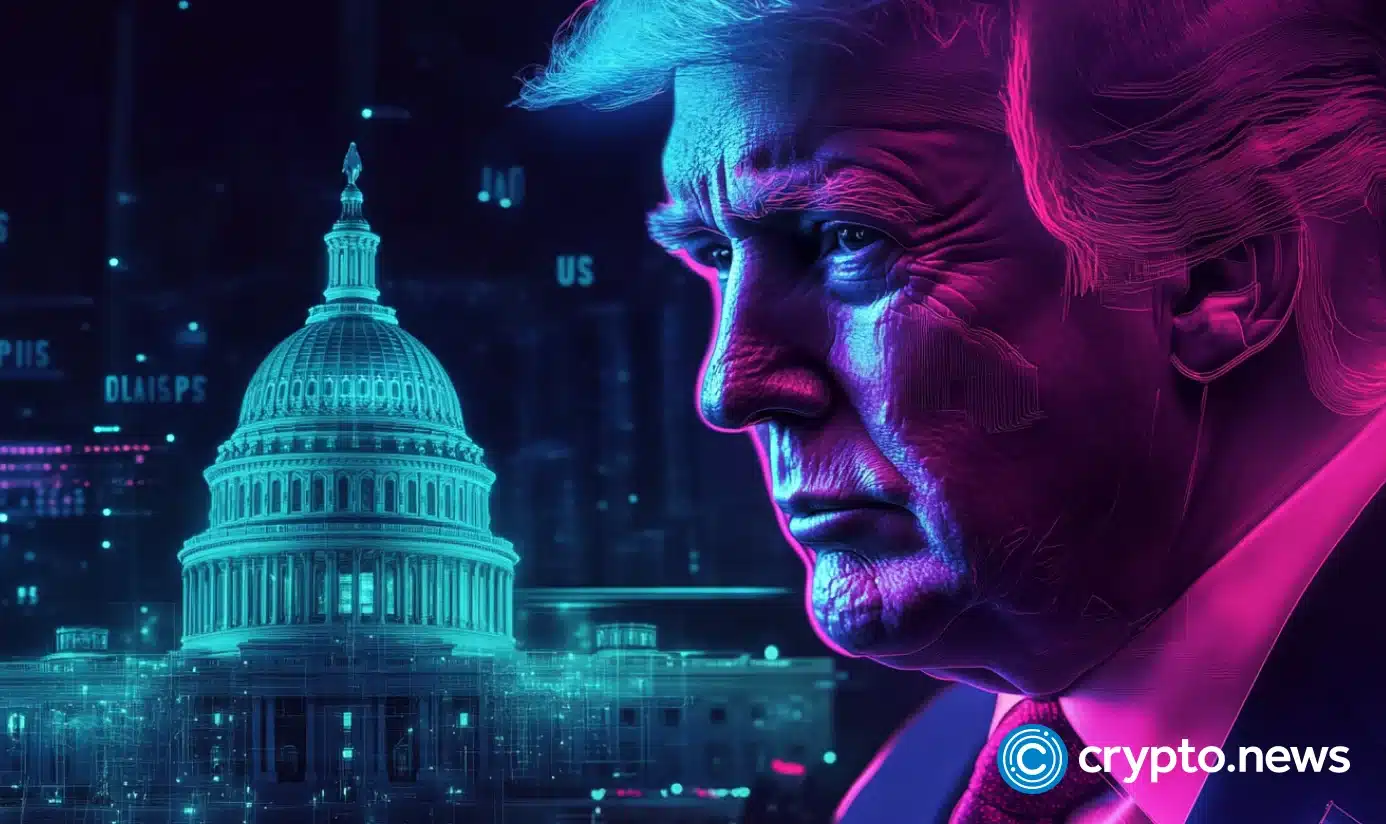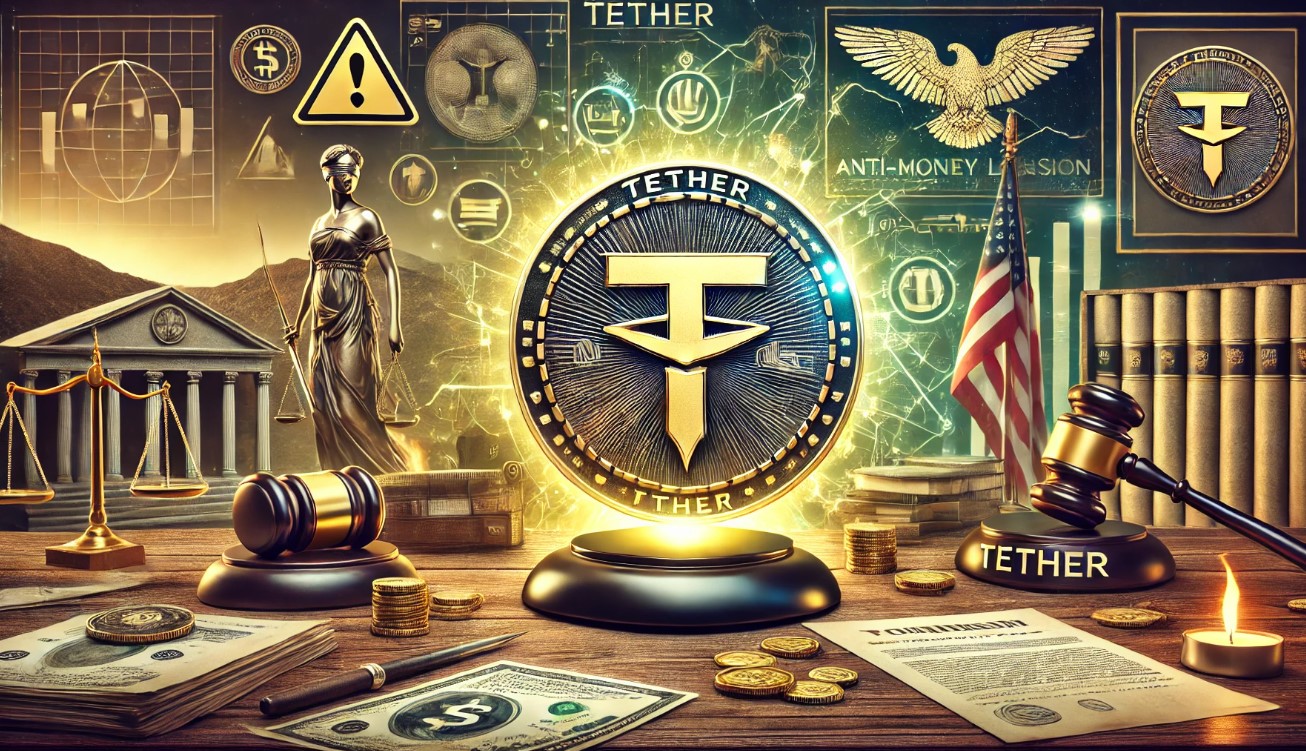Ever since its launch in July 2023, Sam Altman’s digital currency project, WorldCoin, has been in trouble with regulators worldwide.
After having its offices raided by authorities in Kenya and Hong Kong and banned in France, India, Brazil and elsewhere, Worldcoin has now been fined KRW 1.1 billion (US$829,000) by authorities in South Korea. The Personal Information Protection Commission (PICP) says Worldcoin broke personal information protection laws.
Among the violations Worldcoin was fined for were failing to inform users of the purpose of the data collection and its retention period, failing to inform users their data would be transferred to a foreign country, not introducing a process for the deletion of sensitive data, and not implementing age verification to stop children under 14 from using its app.
The South Korean government began investigating Worldcoin in February after becoming aware that it may be dishing out digital tokens in exchange for sensitive biometric data. Worldcoin responded to the outcome by saying it resulted from “months of constructive dialogue.” Clearly, the firm believes it’s better to ask for forgiveness than permission.
Big tech companies cannot be trusted with personal data
Anyone who has paid attention for the past decade will be well aware of the many trust violations committed by big tech companies in possession of personal user data. Firms like Meta (NASDAQ: META) have been fined billions by the European Union, the United States Federal Trade Commission (FTC) and others, while data breaches have rocked Equifax and other big companies. This has led to a widespread erosion of trust in big firms’ ability to store and manage data safely.
Sam Altman’s Worldcoin is yet another example of how big tech fancies itself above the laws of sovereign nations, doing as it pleases and paying the relatively small fines later. While it claims to use blockchain technology to store users’ biometric data securely, that claim means very little since the chain isn’t public, and barely anything has been publicly confirmed regarding how it works.
While public blockchains like BSV have shown how the tech can be used for secure data storage, management and transfer, the much-needed transparency and trust blockchain offers are lost when private companies operate in what are effectively walled gardens.
As a permissioned blockchain built on top of Ethereum, World Chain does not allow anyone to become a node on the network, so it’s effectively a black box, and there’s no way for anyone other than those in the Worldcoin node club to verify what’s happening on its blockchain.
Trouble at OpenAI—Can Sam Altman be trusted?
In other related news, Sam Altman’s other venture, OpenAI, has seen one of the most significant waves of resignations in corporate history when its CTO, Mira Murati, followed three other top executives out the door this week.
According to Reuters, the crux of OpenAI’s wave of resignations is its plan to morph into a for-profit corporation free from the control of its non-profit board. While Altman denied that he would receive an equity stake in the firm, saying, “There are no current plans there,” skeptics believe it’s on the cards and is part of the reason for the recent talent exodus.
Can Sam Altman be trusted? Why does the tech mogul want to collect biometric information on Worldcoin users across the globe? Is he set to become uber-wealthy by shifting a non-profit that received generous donations into a for-profit corporation? Time will answer all of these questions, but for now, history would suggest the world should err on the side of caution when it comes to trusting tech companies and their CEOs with vast amounts of sensitive data.
While we wait to see how all of this plays out, CoinGeek will continue to report on the latest happenings in tech and will keep pointing out how public scalable blockchains are the solutions to many associated problems. Make sure to subscribe so you don’t miss out!
In order for artificial intelligence (AI) to work right within the law and thrive in the face of growing challenges, it needs to integrate an enterprise blockchain system that ensures data input quality and ownership—allowing it to keep data safe while also guaranteeing the immutability of data. Check out CoinGeek’s coverage on this emerging tech to learn more why Enterprise blockchain will be the backbone of AI.
Watch: AI is for ‘augmenting’ not replacing the workforce

















 English (US) ·
English (US) ·